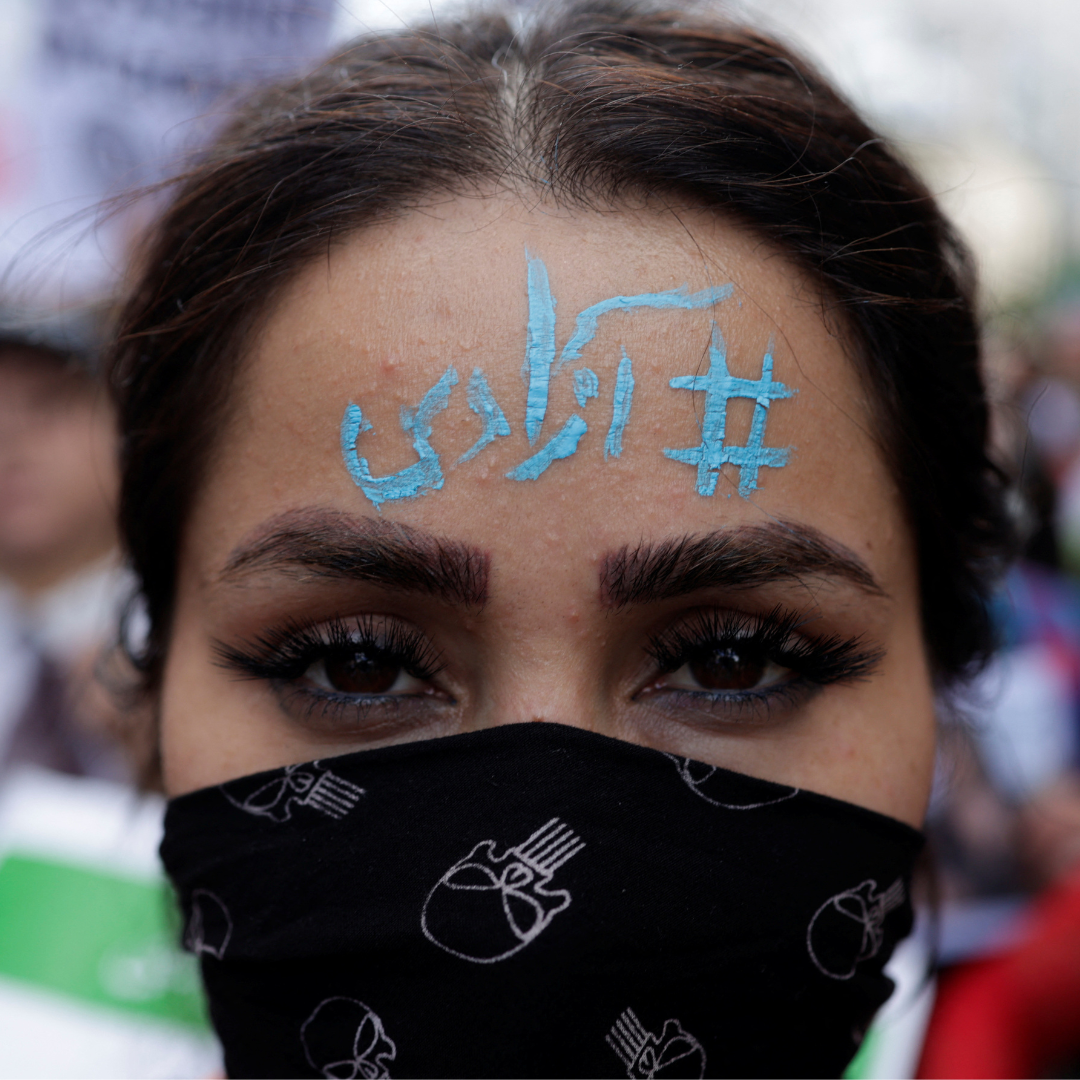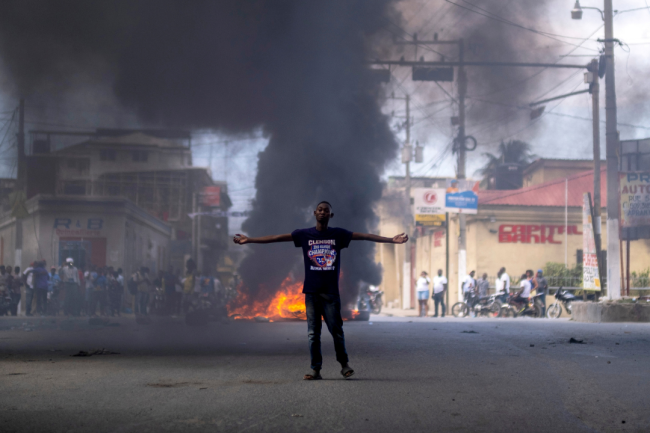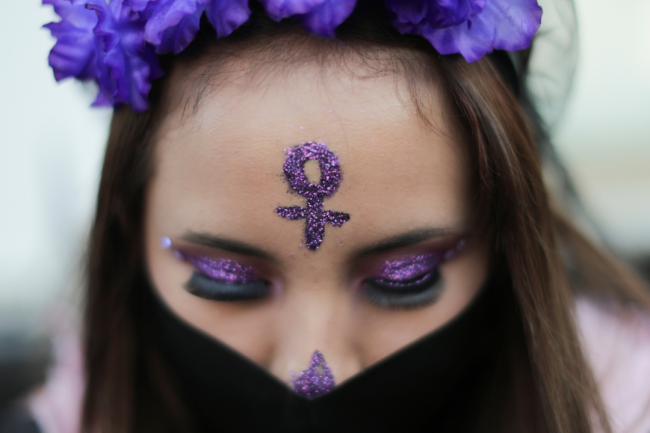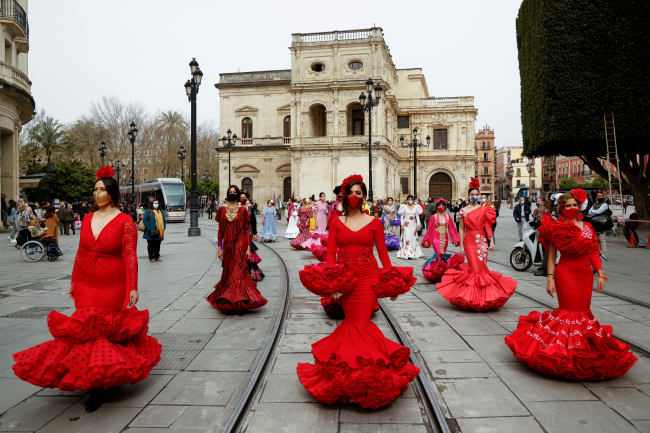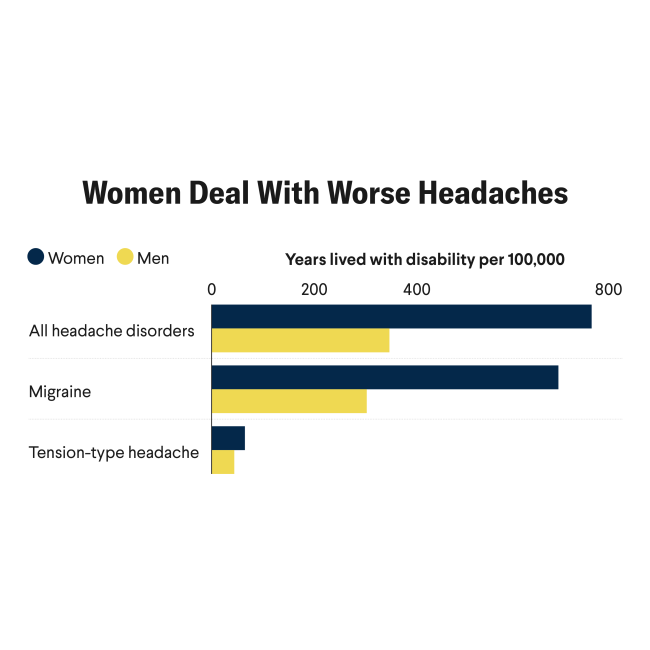Since the murder of Mahsa Zhina Amini on September 16, 2022, by the Islamic Republic of Iran morality police, for "inappropriately" donning a hijab, the Iranian people have voiced their plea for basic human rights, protections, and dignity. Human rights are fundamental freedoms belonging to all people, the most essential being the right to life and physical safety.
The relationship between mental health and human rights is fundamental and intertwined
Now, approximately five months into the women-led revolution, Iranian security forces have killed at least 500 people—four of whom were executed following fast-track sham trials and coerced confessions—and have detained 14,000 people who are awaiting trial for heavy sentences, potentially including execution. The violence and oppression has, most certainly, taken a toll on the mental health of those involved and witnessing it.
Moral policing has been a practice by the Islamic Republic of Iran for forty-three years and has resulted in countless arrests, persecutions, and oppression. Past protests for such injustices against women have repeatedly been silenced by governmental police forces, slowing but not stopping the movement for justice. Iranians are continuously risking their lives, fighting for the most basic of human freedoms.
The relationship between mental health and human rights is fundamental and intertwined. Human rights violations, including violence against women and children, and the witnessing of mass executions have significant adverse mental health ramifications. Women's health is closely linked to their status in society, according to the World Health Organization (WHO), whether they benefit from equality or suffer from discrimination. Violence against women in Iran, and elsewhere, is a global health crisis that has devastating physical and psychological health outcomes.
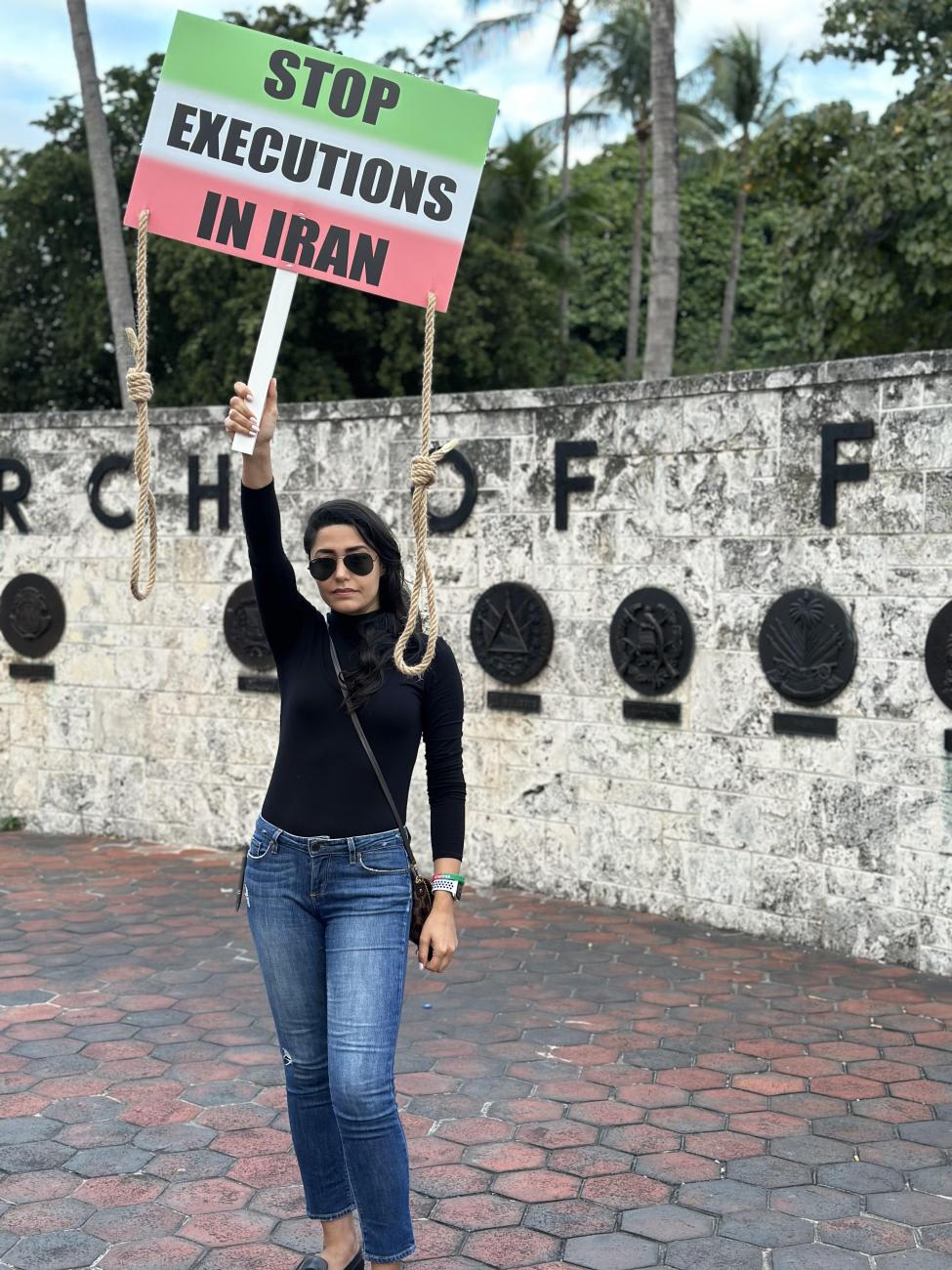
Under the constitution of the Islamic Republic of Iran, a woman's life is regarded as half as valuable as a man's life. Iranian women are constantly denied physical and emotional safety and independence. Harmful masculine behaviors, low gender equality, and community norms that ascribe higher status to men than women are associated with violence against women. Harmful masculine behaviors are painfully evident in every domain of Iranian women's lives, including marital status, employment, and health. For example, a husband must consent for his wife to use any form of contraception, and any adult woman requires legal permission from a familial patriarchal figure to travel abroad. As such, Iranian women experience severe restrictions on their livelihoods and autonomy—time and time again, they are treated as less than citizens.
Systemic oppression and human rights violations (e.g., rape, detainment, physical assaults) are significant social determinants of women's health. Women are about twice as likely as men to experience mental illness, such as depression and anxiety, often attributed to social determinants of health, according to the American Psychiatric Association. Psychological suffering is greater among women in societies with higher levels of gender inequality and violence. For example, while approximately 20 percent of U.S. women experience a mental health disorder, at least 36 percent of Iranian women report a mental health disorder. This is likely a significant underestimation, as this data was collected prior to the recent surge of violence against women in Iran. What's more, all data coming out of Iran is heavily regulated by the Islamic Republic. Gender inequality through segregation and oppression has negative effects on women's mental health, and can include increased rates of anxiety, depression, and post-traumatic stress disorder.
When women suffer, their loved ones suffer, as well. Maternal mental health is intimately related to child mental health. As Iranian women endure violence, rape, and segregation, their children suffer alongside them.
Schools, meant to be safe havens, have become the epicenter of protests resulting in government attacks and raids
Iranian youth are also at the forefront of the recent movement for freedom and many are being terrorized by ruthless acts of violence at the hands of police forces. Since the protests began in September, government security forces have killed at least 68 children, while 168 children in Iran have been arrested—all under the age of 18. Adverse childhood experiences (ACEs), including direct and community violence, have detrimental long-term effects on a child's development, mental health, physical health, and overall well-being. Developmentally, children benefit from opportunities to find their voice, speak up for injustices, and understand when to seek support from adults, particularly when they're in harm's way. These opportunities lead to increased identity development, autonomy, self-awareness, and emotional regulation—all traits that are linked to better health and social outcomes for youth.
Schools are meant to be safe havens for children to learn and thrive, and yet schools and universities in Iran have become the epicenter of protests that have resulted in government attacks and raids, physical assaults against students (some that have led to death), and the detainment of students in juvenile detention facilities. Some youth have been forced to undergo what has been inaccurately described as "behavior therapy," in which they are shamed into believing they have committed sins. Negative experiences, such as shaming innocent children and adolescents during the formative years of brain development (early childhood and adolescence) has deeply traumatic consequences on their mental health, including dysregulated autonomic functioning, low self-esteem, and increased anxiety and guilt. Not only is this the Islamic Republic wrongfully and involuntarily treating children, their practices are forms of psychological torture.

The degree of subjugation experienced by the people of Iran, particularly women and youth, puts into perspective the depth of their longing for freedom. Iranian women and youth continue to endure brutal beatings, inhumane deaths, detainment, and rape simply because of how they choose to dress, speak, and conduct themselves in their daily lives. Imagine if this happened to your mother, daughter, sister, partner, or friend. In response to helplessness, despair, fear, and rage, most would speak up and advocate for change. Now imagine if the consequences for advocating included imprisonment, torture, and death under the pretext of "security" crimes—crimes against the regime or that are believed to wage war against God.
Iranians make the choice to speak up or remain silent every day, particularly Iranian women who are leading a revolution for equality and freedom. Many women who choose to speak out include journalists, professional athletes, actors, musicians, attorneys, physicians, and professors. They fearlessly protest and fight for the betterment of their own lives and for the next generation, but their actions come at a heavy price.
Although the protests in Iran began over the policing of women's bodies and clothing, they have expanded to include human rights, gender equality, religious and bodily autonomy, and social justice through the eradication of the Islamic Republic of Iran. As psychologists, we urge the world not to become desensitized to the violence and oppression facing the people of Iran and not to remain silent or indifferent—do it for those who have had their rights stolen.
Iran's women-led revolution has continued for over 150 days
We strongly condemn the use of violence and terror to silence those who have been brave enough to stand up for their right to simply exist and have a voice. The pervasive trauma seeping through Iran is unmatched and disturbingly unique. The psychological trauma, torture, and pressure that the people of Iran constantly experience will have a devastating mental health impact on generations to come. As the women-led revolution has continued for over 150 days, it is imperative that the world amplifies the Iranian people's voices—"Woman, Life, Freedom"—in an effort to call for equity through regime change. The security and advancement of human rights, protections of women and children, and gender equality significantly benefit overall health. In solidarity with the people of Iran and on behalf of humanity, we must listen, raise awareness, and the world must unite to end the psychological and physical suffering of the Iranian people. No person is free until we are all free. Actionable steps include amplifying the Iranian people's voices (see links below). Stay informed and share information about current events, attend a protest to magnify the need for national and international attention, and sign petitions to stop the executions of Iranian protestors.
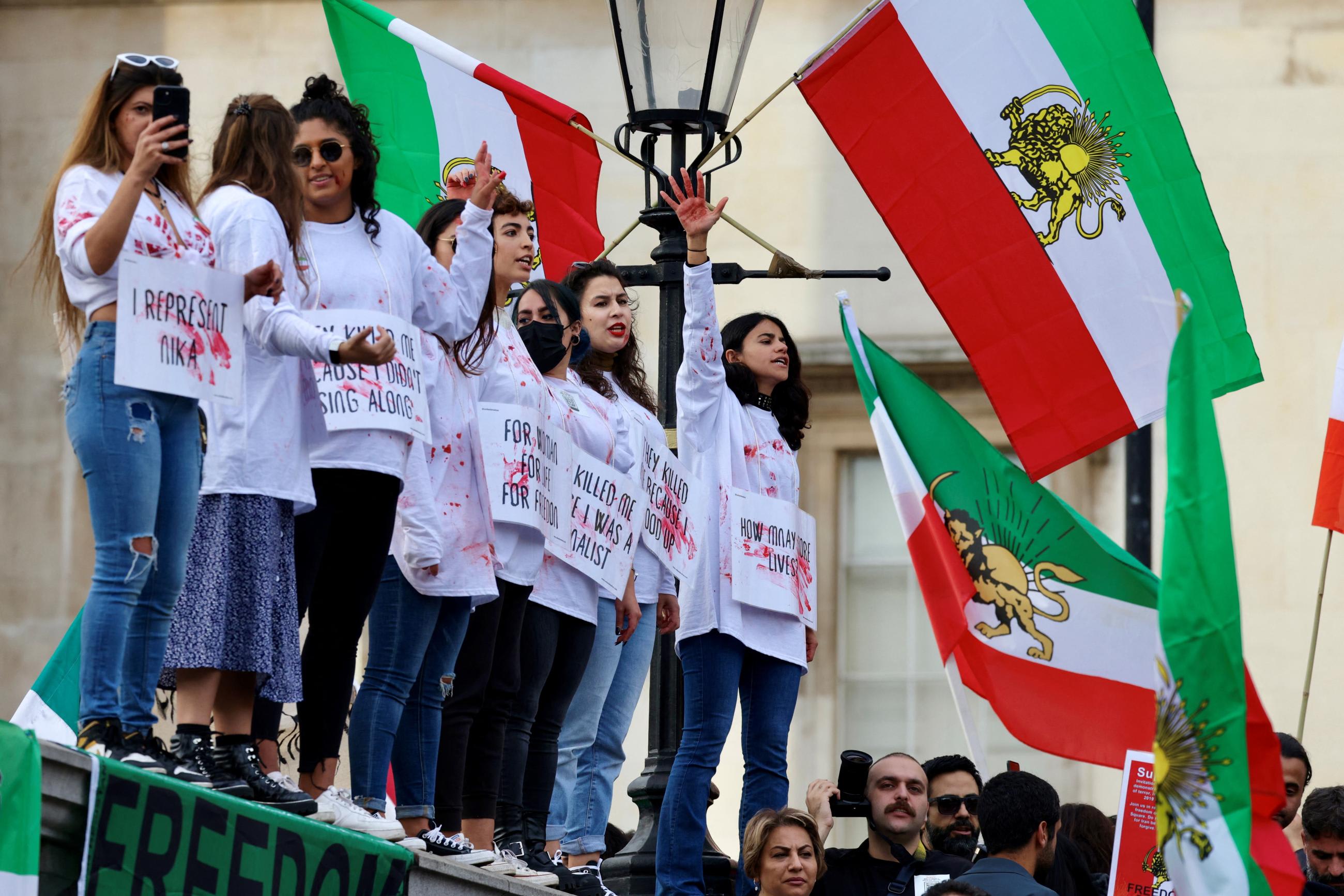
AUTHORS' NOTE: For more information on the ongoing movement in Iran, the following resources are recommended:
Iran Amnesty – For information about what is happening in Iran.
Middle East Matters Take Action – Links to automated tweets, emails, and petitions regarding events happening in Iran.
Middle East Matters Twitter – Stay informed about the movement in Iran.
Iranian activists to follow: Nazanin Nour, Sepideh Moafi, Nazanin Boniadi, Gissou Nia.
Change – Links to numerous petitions to stop executions in Iran and support human rights.
